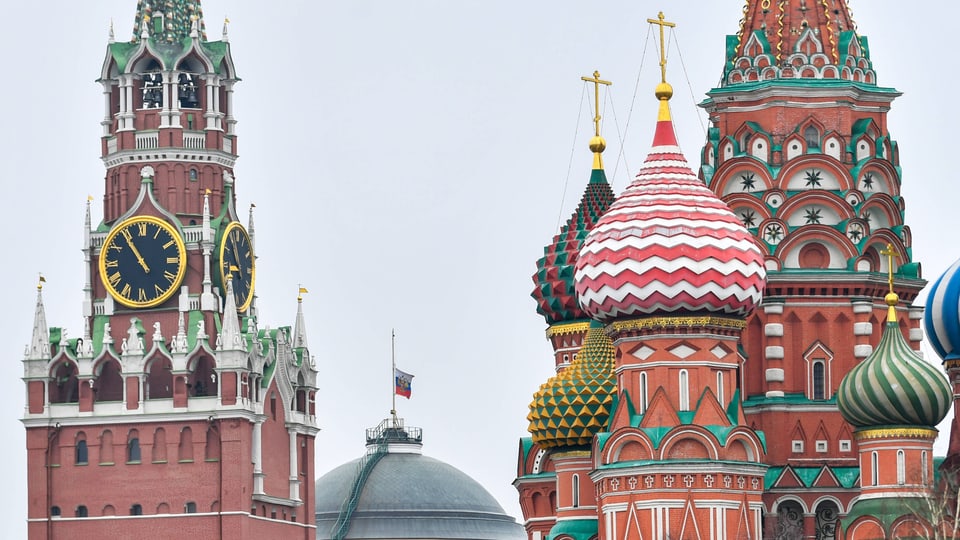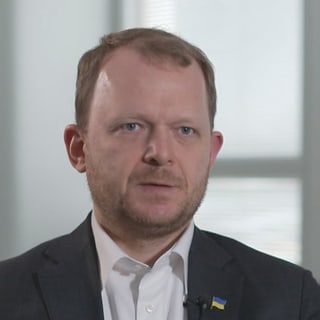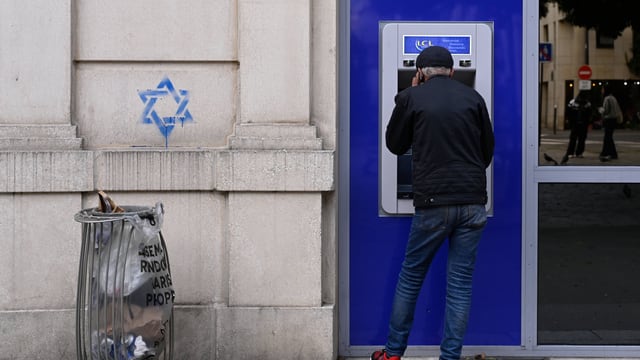Contents
Moscow wants to spread discord in the West with disinformation campaigns. The security expert believes that Europe needs to do more.
Russian fake news bombards Europe every day: lies about politicians on social media, war propaganda, conspiracy theories. The Kremlin uses information as a weapon, says Jakub Kalensky. From 2015 to 2018 he was the EU responsible for the fight against Russian disinformation.
Today he warns that Europe’s authorities are reacting too slowly. The Russians are ahead of the West in the information space and are expanding their lead.
SRF News: Are we in an information war?
Jakub Kalensky: Russia says that explicitly. Europe doesn’t call it that.
How is Russia waging this information war?
Disinformation begins in the Kremlin and is structured in a pyramid shape. President Putin and senior ministers systematically distort facts in their speeches. The army and various departments continue to spread the narrative. The system also includes the state media and pro-Russian pseudo-journalists at home and abroad. Troll factories share the propaganda online.
What is the goal?
The main goal is to weaken the West. Russia uses disinformation on any topic as long as it has the potential to stir up controversy in the West. In the USA, for example, the topic of racism is divisive, while in Europe the topic of migration is often suitable. Like an evil doctor who diagnoses the patient and deliberately makes him sicker.
If Russian tanks are in Zurich, Switzerland will react. Not with Russian lies.
The false or tendentious stories on the Internet or pro-Russian media are intended to polarize, strengthen extreme parties and undermine distrust in Western institutions. Because in the Kremlin’s foreign policy doctrine, Russia wins when the West fights.
Is Europe doing enough?
No. The Russians spend several hundred times more than we do. In Russia, thousands upon thousands work in the propaganda apparatus. The EU now registers fake news almost every day that finds its way from Russia into our public debates.
Europe is doing more than before. The states just have to spend significantly more money. Because the Russians move faster than we do.
In Europe, only a few dozen experts here and a few dozen there are involved in defense. Disinformation is cost-effective for Russia because it is below the escalation threshold. If Russian tanks are in Zurich, Switzerland will react. Not with Russian lies.
Why isn’t Europe doing more?
Bureaucracies often react slowly to new forms of danger. It is often not clear which ministry is responsible. In addition, combating them is expensive and the damage is not immediately noticeable. Individual false information does not necessarily damage democracy immediately – but it does do so cumulatively. Over time, the pro-Russian stories about the Ukraine war, for example, become entrenched in the minds of many people.
What would there be to do?
First, monitoring must be expanded. Imagine trying to fight a virus that is slowly spreading through the population without knowing how many people have already been exposed to it.
The state must also aggressively explain its positions and achievements in order to strengthen trust in the institutions. The population’s media literacy, such as critical reading, must be promoted in the education system.

Legend:
According to Jakub Kalensky, disinformation in Russia starts at the top. (Pictured: the Kremlin in Moscow on March 25, 24)
IMAGO/Xinhua
But Europe must also restrict Russia’s ability to act – for example through sanctions. Countries in Eastern Europe, for example, consistently block Russian pseudo-media. Europe is doing more than before. The states just have to spend significantly more money. Because the Russians move faster than we do. I fear that Russia is expanding its lead in information warfare.
The interview was conducted by Benedikt Hofer.

